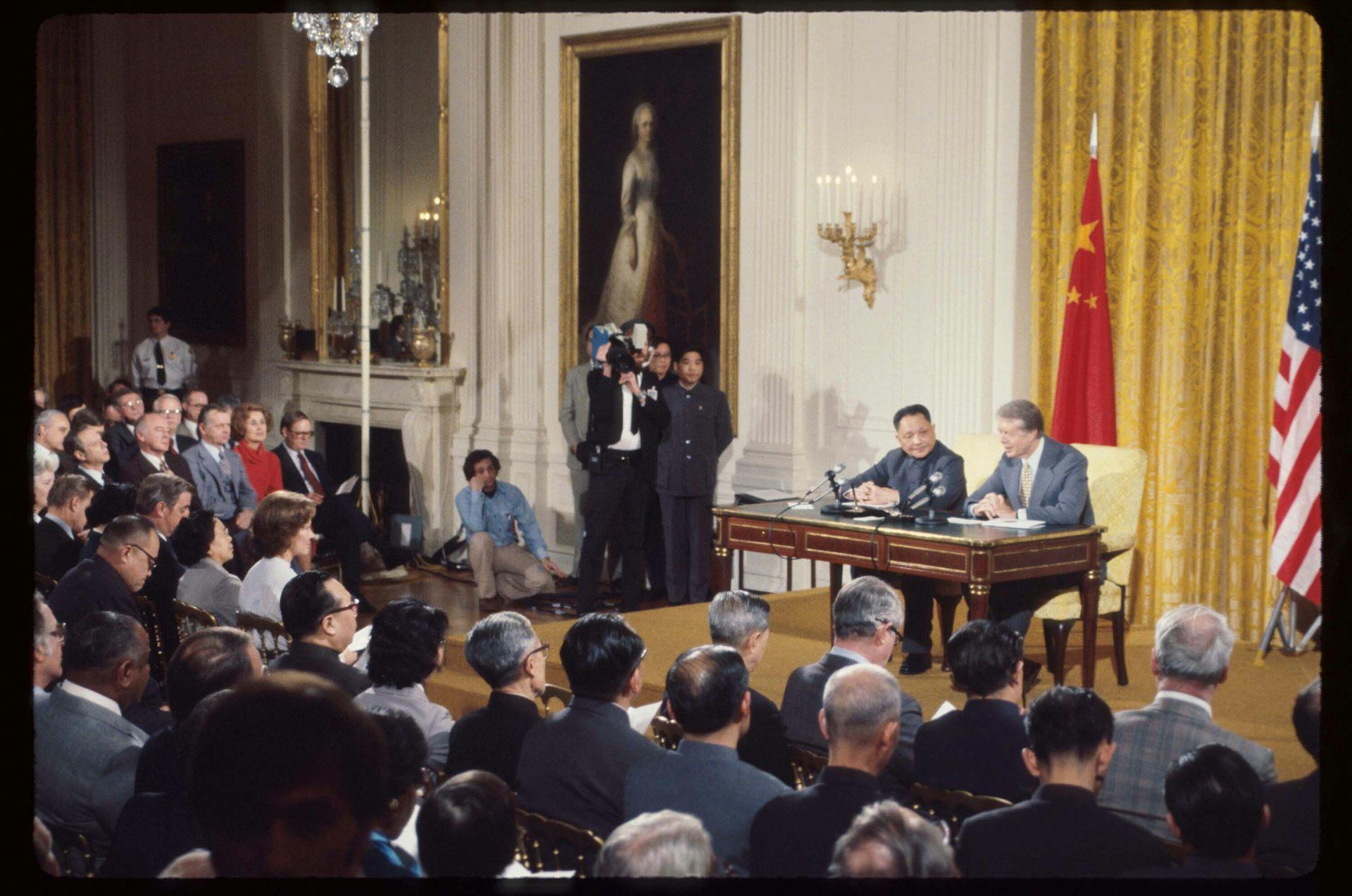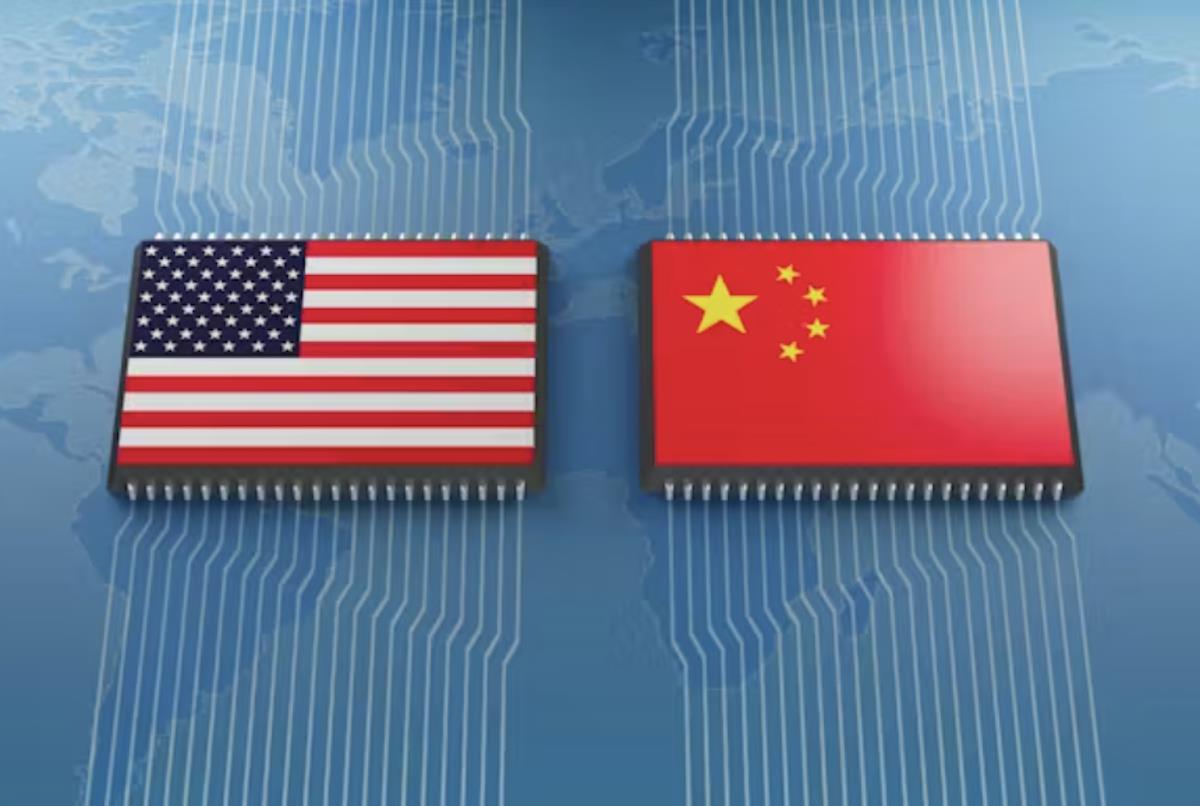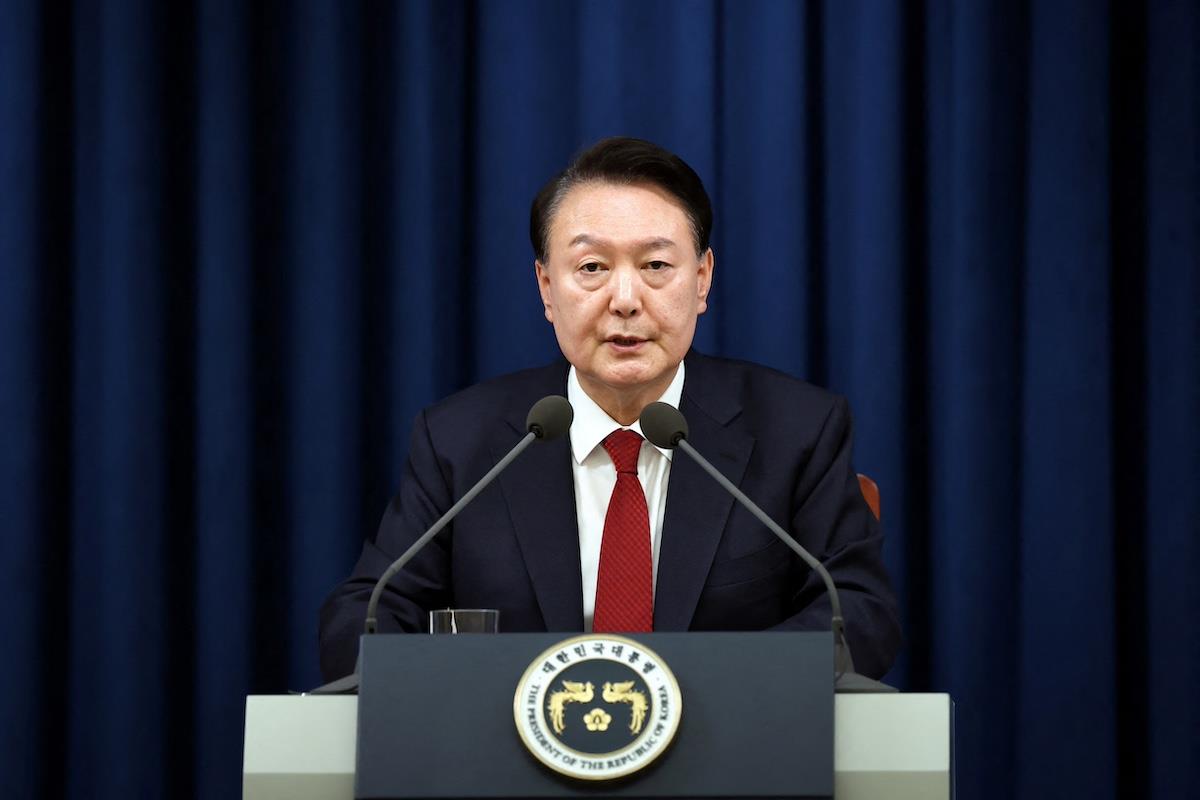
US, EU, Japan Tighten Research Security As China Dominance Grows
The revised agreement drastically narrows the scope of the original agreement , limits the topics allowed to be jointly studied, closes opportunities for collaboration and inserts a new dispute resolution mechanism.
This shift is in line with growing global concern about research security. Governments are worried about international rivals gaining military or trade advantages or security secrets via cross-border scientific collaborations.
The European Union, Canada, Japan and the United States unveiled sweeping new measures within months of each other to protect sensitive research from foreign interference. But there's a catch: Too much security could strangle the international collaboration that drives scientific progress.
As a policy analyst and public affairs professor , I research international collaboration in science and technology and its implications for public and foreign policy. I have tracked the increasingly close relationship in science and technology between the US and China . The relationship evolved from one of knowledge transfer to genuine collaboration and competition.
Now, as security provisions change this formerly open relationship, a crucial question emerges: Can nations tighten research security without undermining the very openness that makes science work?

Chinese Premier Deng Xiaoping and American President Jimmy Carter sign the original agreement on cooperation in science and technology in 1979. Dirck Halstead/Hulton Archive via Getty Images / The ConversationChina's ascent changes the global landscape
China's rise in scientific publishing marks a dramatic shift in global research . In 1980, Chinese authors produced less than 2% of research articles included in the Web of Science, a curated database of scholarly output.

Legal Disclaimer:
MENAFN provides the
information “as is” without warranty of any kind. We do not accept
any responsibility or liability for the accuracy, content, images,
videos, licenses, completeness, legality, or reliability of the information
contained in this article. If you have any complaints or copyright
issues related to this article, kindly contact the provider above.




























Comments
No comment